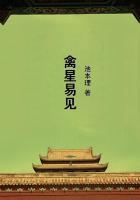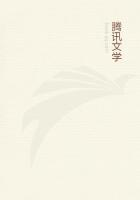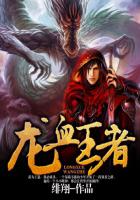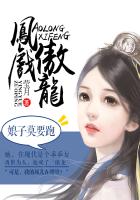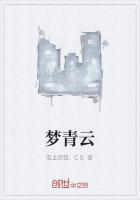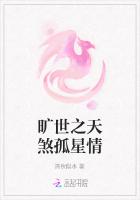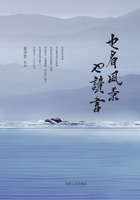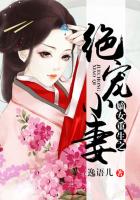Afterwards they visited the house or houses from which they had carried the image of Death; where they received a dole of half-boiled peas. The custom of Carrying out Death was practised also in Saxony. At Leipsic the bastards and public women used to make a straw effigy of Death every year at Mid-Lent. This they carried through all the streets with songs and showed it to the young married women. Finally they threw it into the river Parthe. By this ceremony they professed to make the young wives fruitful, to purify the city, and to protect the inhabitants for that year from plague and other epidemics.
Ceremonies of the same sort are observed at Mid-Lent in Silesia. Thus in many places the grown girls with the help of the young men dress up a straw figure with women's clothes and carry it out of the village towards the setting sun. At the boundary they strip it of its clothes, tear it in pieces, and scatter the fragments about the fields. This is called Burying Death. As they carry the image out, they sing that they are about to bury Death under an oak, that he may depart from the people. Sometimes the song runs that they are bearing Death over hill and dale to return no more. In the Polish neighbourhood of Gross-Strehlitz the puppet is called Goik. It is carried on horseback and thrown into the nearest water. The people think that the ceremony protects them from sickness of every sort in the coming year. In the districts of Wohlau and Guhrau the image of Death used to be thrown over the boundary of the next village. But as the neighbours feared to receive the ill-omened figure, they were on the look-out to repel it, and hard knocks were often exchanged between the two parties. In some Polish parts of Upper Silesia the effigy, representing an old woman, goes by the name of Marzana, the goddess of death. It is made in the house where the last death occurred, and is carried on a pole to the boundary of the village, where it is thrown into a pond or burnt. At Polkwitz the custom of Carrying out Death fell into abeyance; but an outbreak of fatal sickness which followed the intermission of the ceremony induced the people to resume it.
In Bohemia the children go out with a straw-man, representing Death, to the end of the village, where they burn it, singing Now carry we Death out of the village, The new Summer into the village, Welcome, dear Summer, Green little corn.
At Tabor in Bohemia the figure of Death is carried out of the town and flung from a high rock into the water, while they sing Death swims on the water, Summer will soon be here, We carried Death away for you We brought the Summer.
And do thou, O holy Marketa, Give us a good year For wheat and for rye.
In other parts of Bohemia they carry Death to the end of the village, singing We carry Death out of the village, And the New Year into the village.
Dear Spring, we bid you welcome, Green grass, we bid you welcome.
Behind the village they erect a pyre, on which they burn the straw figure, reviling and scoffing at it the while. Then they return, singing We have carried away Death, And brought Life back.
He has taken up his quarters in the village, Therefore sing joyous songs.
In some German villages of Moravia, as in Jassnitz and Seitendorf, the young folk assemble on the third Sunday in Lent and fashion a straw-man, who is generally adorned with a fur cap and a pair of old leathern hose, if such are to be had. The effigy is then hoisted on a pole and carried by the lads and lasses out into the open fields. On the way they sing a song, in which it is said that they are carrying Death away and bringing dear Summer into the house, and with Summer the May and the flowers. On reaching an appointed place they dance in a circle round the effigy with loud shouts and screams, then suddenly rush at it and tear it to pieces with their hands. Lastly, the pieces are thrown together in a heap, the pole is broken, and fire is set to the whole. While it burns the troop dances merrily round it, rejoicing at the victory won by Spring; and when the fire has nearly died out they go to the householders to beg for a present of eggs wherewith to hold a feast, taking care to give as a reason for the request that they have carried Death out and away.

